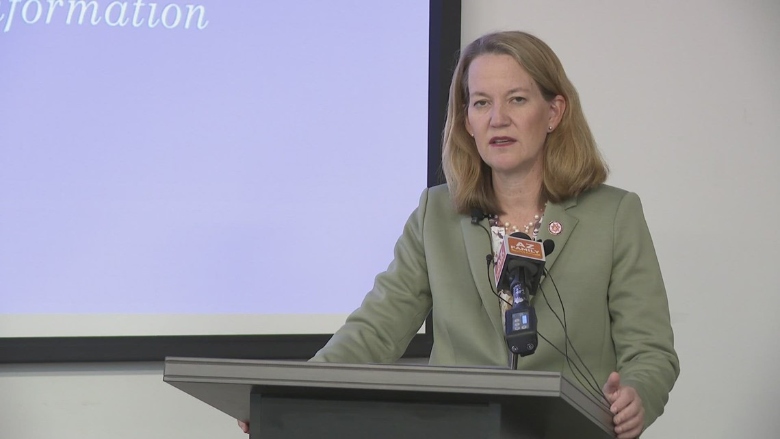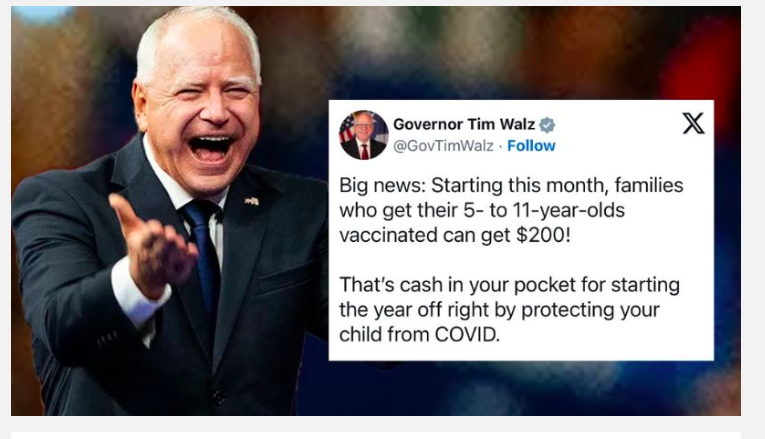In a surprising turn of events following President-elect Donald Trump’s 2024 victory, Arizona Attorney General Kris Mayes is standing firm on her decision not to dismiss a long-standing case against Trump and several of his allies, known as the “fake electors” case. Despite the 2024 election’s decisive outcome, Mayes stated she has no intention of backing down, asserting that “individuals who engaged in an attempt to overthrow our democracy in 2020 should be held accountable.”
Mayes’s determination reflects her commitment to continue pressing the case forward, even as the political climate shifts in Trump’s favor. “We won’t be cowed. We won’t be intimidated,” she added, signaling her resolve to hold to account those she believes attempted to interfere with the 2020 election.
The origins of the “fake electors” case go back to 2020 when a grand jury convened by Arizona Democrats investigated efforts by Trump allies to challenge the results of that year’s presidential election. The grand jury alleged that several key figures in Trump’s circle had conspired to present alternative electors, arguing that such actions were an attempt to subvert the electoral process. The list of defendants includes prominent Trump allies, such as former White House Chief of Staff Mark Meadows and Trump’s personal attorney Rudy Giuliani, among others. All defendants have entered pleas of not guilty, and their legal battles have spanned multiple years.
While the case has stalled and lacked significant traction in court, Mayes’s decision to keep it open suggests a broader political strategy at work. Many critics see this case as part of a pattern of politically charged cases brought by district attorneys and state attorneys general across the country. These cases have become focal points in national media and have propelled previously lesser-known district attorneys like Fani Willis in Georgia, Jack Smith at the federal level, and Alvin Bragg in New York to high-profile status.
Mayes’s decision has not gone without criticism, with many accusing her of using the case to boost her profile among progressive voters. The notion of left-leaning district attorneys leveraging legal challenges against Trump to bolster their political careers has become a recurring criticism from conservative commentators. Figures like Willis and Bragg, once relatively unknown, gained national recognition as leading the charge against Trump in various legal battles. Some view Mayes’s persistence in this case as a similar attempt to capitalize on a partisan spotlight by pursuing a case many believe will be difficult to prosecute successfully.
However, Mayes argues that her motivation remains rooted in upholding justice and maintaining accountability, regardless of Trump’s political standing. She has frequently voiced her stance that attempts to interfere with elections warrant a strong response and that backing down now would be a failure to honor the responsibilities of her office.
The legal proceedings for the fake electors case have experienced numerous delays and are not scheduled to go to trial until 2026. By then, Trump will already be well into his new presidential term. This extended timeline has raised questions about the viability and purpose of the case, particularly as Trump has openly vowed to address what he views as “politically motivated lawfare” once he resumes office. Trump’s team has hinted that he intends to counter these legal challenges by targeting the influence of politically motivated district attorneys and reshaping how politically charged cases are brought forward.
If Trump’s administration follows through on its promise to clamp down on such cases, Mayes’s efforts could face additional hurdles. Though she has publicly expressed confidence in her case, legal experts argue that her success may largely depend on the judicial environment in Arizona and the specific judge overseeing the case. In Nevada, similar charges related to alternative electors were recently dropped, although prosecutors are currently appealing that decision.
Mayes’s persistence has sparked debate over the scope of power that state attorneys general and district attorneys should hold, particularly when it comes to grand jury cases with political undertones. Trump has signaled that curbing the powers of district attorneys who use grand jury proceedings for political cases will be a priority in his administration. Many of his supporters see these cases as a misuse of prosecutorial power aimed at undermining Trump and his allies. If Trump acts on his promises, he may introduce measures limiting the autonomy of state prosecutors in politically charged cases, setting a new precedent for future legal confrontations.
As Trump prepares to take office again, the stakes surrounding the “fake electors” case remain high. With the trial set for 2026, the legal confrontation will likely unfold against a backdrop of ongoing debate over political bias in the judicial system and the role of state attorneys general in prosecuting high-profile political figures.
For now, Arizona’s Attorney General Kris Mayes is pressing forward, showing no signs of retreat. Her commitment to holding Trump’s allies accountable, regardless of Trump’s recent victory, underscores the lasting tensions between the former president and those determined to challenge him legally. While the outcome of the “fake electors” case remains uncertain, its implications could resonate far beyond Arizona, potentially shaping the boundaries of state and federal prosecutorial power for years to come.

